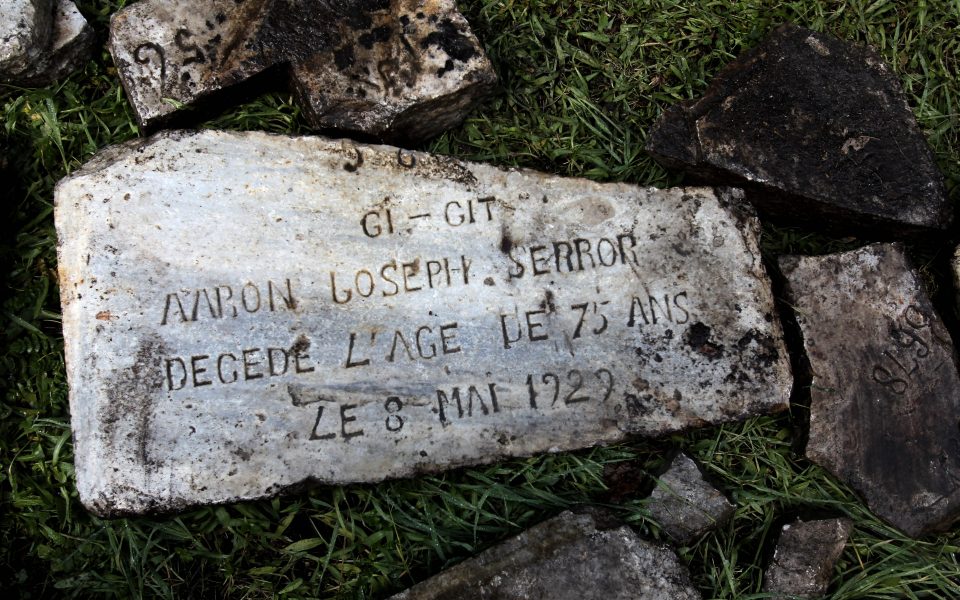The geopolitics of memory

In the great post-war map of the Cold War, the issue of the archives of Jewish communities that had been looted by Nazi occupying forces across Europe remained a murky affair. After the defeat of Nazi Germany, the Soviet Union had moved all archives from Berlin to Moscow, treating them as spoils of war. The repatriation of the archives and their accessibility for researchers is an important issue, and one that Greek diplomacy has been working toward for decades. Focusing on the Greek example, the archives in question include the archives of the Greek Jewish communities of Thessaloniki, Athens, along with other important heirlooms looted during the Nazi occupation of Greece.
The return of these archives from Moscow is a great success for Greece. This diplomatic success announced by the Greek government resolves one of the long outstanding issues of the Cold War and marks the beginning of a new era in studying Greek Jewish communities. The public had been aware of the issue from the 1990s, when the study of digital copies held by Tel Aviv University in its archives had revealed their unique value. It was clear that researching these archives would allow for a re-evaluation of the complex story of Greek Judaism. The Nazis were primarily interested in looting the fortunes of the Greek community, but the archives include a wide range of primary sources, both religious and lay, that will lead us to a realistic understanding not only of the historical footprint of these communities but also of their social stratification, from wealthy merchants to the working class.
The emotion with which the Central Board of Jewish Communities in Greece celebrated the repatriation of the archives is understandable – it a historic achievement that is important to the history of Greece. The archives of the Jewish communities could be housed in the planned Holocaust Museum of Thessaloniki. It is a long journey of self-awareness for both Christian and Jewish Greeks together, as the trauma of loss burdens us all. The geopolitical nature of memory manifests itself in both a symbolic fashion but also in practical terms, all the ways in which we are called to manage the consequences of the Holocaust. The case of the archives also reminds us how far we have come over the last 30 years in studying Greek Judaism.





